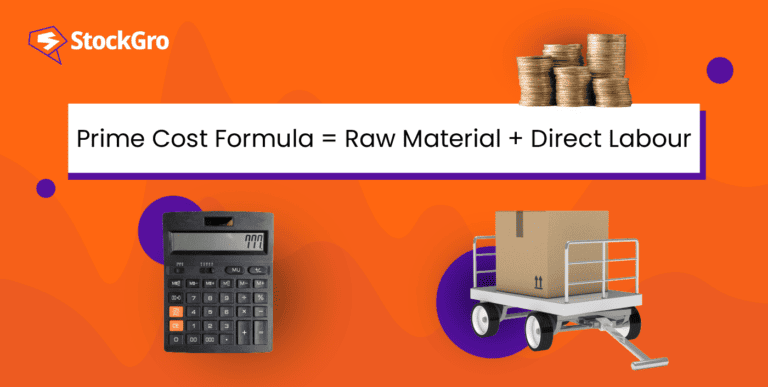
A corporate bond is a type of debt security issued by a corporation and sold to investors. The company gets the capital it needs, and in return, the investor is paid a pre-established number of interest payments at either a fixed or variable interest rate. When the bond expires or “reaches maturity,” the payments cease, and the original investment is returned.
The backing for the bond is generally the ability of the company to repay, which depends on its prospects for future revenues and profitability. In some cases, the company’s physical assets may be used as collateral.
You may also like: Government bonds in India – Meaning, types and features
Understanding Corporate Bonds
In the investment hierarchy, high-quality corporate bonds are considered a relatively safe and conservative investment. Investors building balanced portfolios often add bonds to offset riskier investments such as growth stocks. Over a lifetime, these investors tend to add more bonds and fewer risky investments in order to safeguard their accumulated capital. Retirees often invest a larger portion of their assets in bonds to establish a reliable income supplement.
In general, corporate bonds are considered to have a higher risk than U.S. government bonds. As a result, interest rates are almost always higher on corporate bonds, even for companies with top-flight credit quality. The difference between the yields on highly-rated corporate bonds and U.S. Treasuries is called the credit spread.
How Corporate Bonds are Sold
Companies sell corporate bonds, which are like loans, in pieces that cost $1,000 each. These bonds regularly pay interest to the buyer. Usually, a company will work with a bank that specializes in investments to help sell these bonds to people who want to invest their money.
The investor receives regular interest payments from the issuer until the bond matures. At that point, the investor reclaims the face value of the bond. The bonds may have a fixed interest rate or a rate that floats according to the movements of a particular economic indicator.
Corporate bonds sometimes have call provisions to allow for early prepayment if prevailing interest rates change so dramatically that the company deems it can do better by issuing a new bond.
Investors may also opt to sell bonds before they mature. If a bond is sold, the owner gets less than face value. The amount it is worth is determined primarily by the number of payments that still are due before the bond matures.
Investors may also gain access to corporate bonds by investing in any number of bond-focused mutual funds or ETFs.
Also Read: What are inflation-indexed bonds, and why should you care?
Why Corporations Sell Bonds
Corporate bonds are a form of debt financing. They are a major source of capital for many businesses, along with equity, bank loans, and lines of credit. They often are issued to provide the ready cash for a particular project the company wants to undertake. Debt financing is sometimes preferable to issuing stock (equity financing) because it is typically cheaper for the borrowing firm and does not entail giving up any ownership stake or control in the company.
Generally speaking, a company needs to have consistent earnings potential to be able to offer debt securities to the public at a favorable coupon rate. If a company’s perceived credit quality is higher, it can issue more debt at lower rates.
When a corporation needs a very short-term capital boost, it may sell commercial paper, which is similar to a bond but typically matures in 270 days or less.
The Difference Between Corporate Bonds and Stocks
An investor who buys a corporate bond is lending money to the company. An investor who buys stock is buying an ownership share of the company.
The value of a stock rises and falls, and the investor’s stake rises or falls with it. The investor may make money by selling the stock when it reaches a higher price, by collecting dividends paid by the company, or both.
Also Read: Exploring the bond market for beginners
Conclusion
By investing in bonds, an investor is paid in interest rather than profits. The original investment can only be at risk if the company collapses. One important difference is that even a bankrupt company must pay its bondholders and other creditors first. Stock owners may be reimbursed for their losses only after all of those debts are paid in full.
Companies may also issue convertible bonds, which are able to be turned into shares of the company if certain conditions are met.

